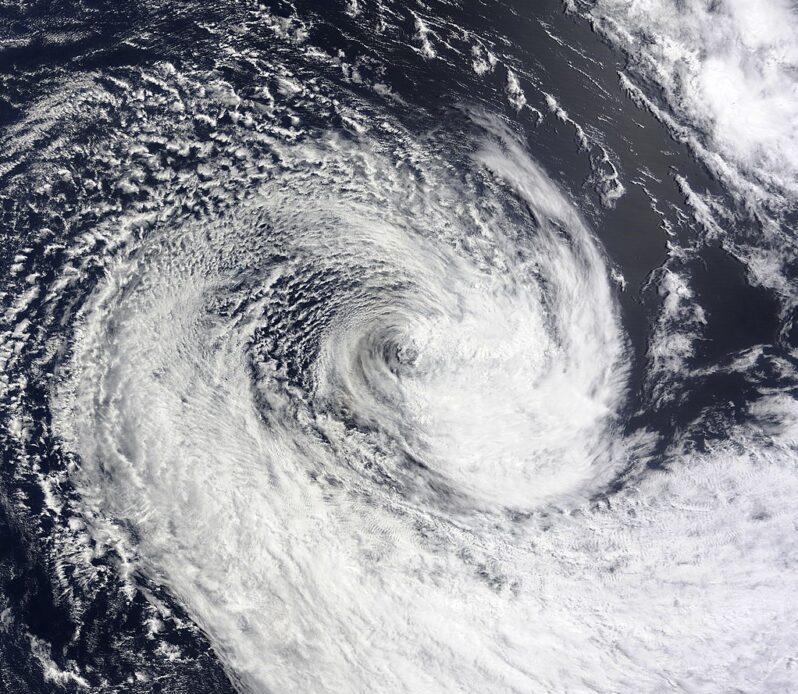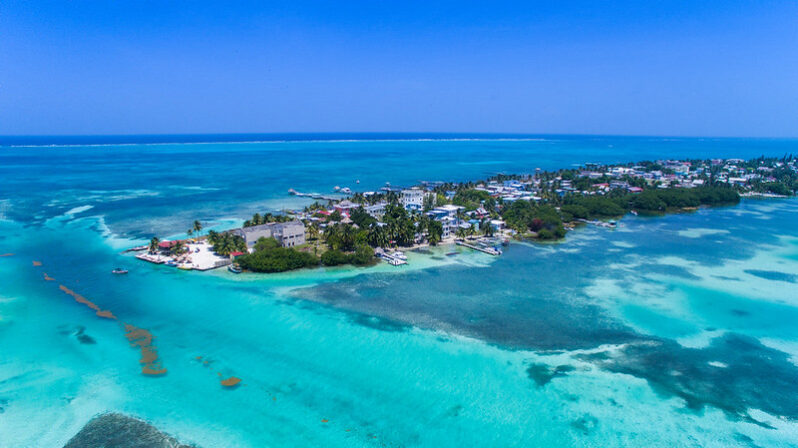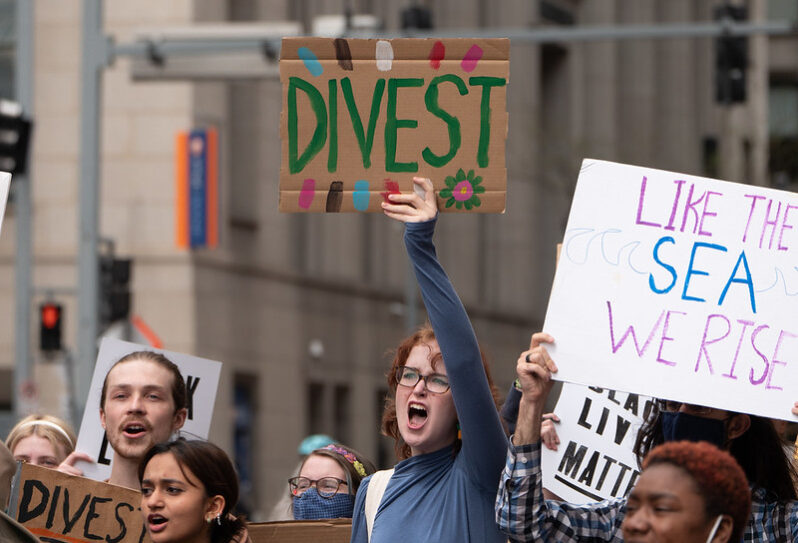In the wake of historic storms, Māori leaders call for disaster relief and rights – Grist Magazine

In the wake of historic storms, the Māori say New Zealand must center Indigenous peoples in climate disaster plans…“Because climate events have gotten more and more intense, it’s at a point of our communities will either get wiped out through more storms or have to choose to leave their homelands,” Renee Raroa, a Ngati Porou Māori representative from Mana Taiao Tairāwhiti in eastern New Zealand, said. “We’re running out of options…”
‘No safe place’: Kiribati seeks donors to raise islands from encroaching seas – the Guardian

Pacific state needs billions for its ambitious plan – its president demands wealthy nations act to help now
Developing countries vulnerable to the worst ravages of global heating have spent the past week at United Nations climate talks urging more support from wealthy nations. The Pacific state of Kiribati has a very specific and unusual demand – that its islands be physically raised up to escape the encroaching seas…
How to Pay for Climate Justice When Polluters Have All the Money – the New Yorker

You can imagine the tension—the anger—that comes from watching your part of the world dry up or flood, knowing that the countries whose pollution caused your problems also have enough dollars to repair the damage…COP27 is one more reminder, however, that justice only proceeds, fitfully, through politics. Rebalancing the world’s wealth, even a little, is the trickiest of political tasks. Yet our chances for a livable world may depend on it.
How Belize Cut Its Debt by Fighting Global Warming – the New York Times

Belize faced an economic meltdown. The pandemic had sent it into its worst ever recession, putting the government on the brink of bankruptcy.
A solution came from unexpected quarters. A local marine biologist offered Prime Minister Johnny Briceño a novel proposal: Her nonprofit would lend the country money to pay its creditors if his government agreed to spend part of the savings this deal would generate to preserve its marine resources.
Voters pass historic climate initiatives in ‘silent surprise’ of US midterms – Guardian

The electoral support at the state and local levels for more climate action comes as world leaders meet at Cop27…“Climate voters were the silent surprise of election night,” said Nathaniel Stinnett, the founder of the Environmental Voter Project. “We weren’t loud, and nobody saw us coming, but we showed up to vote in huge numbers.”
